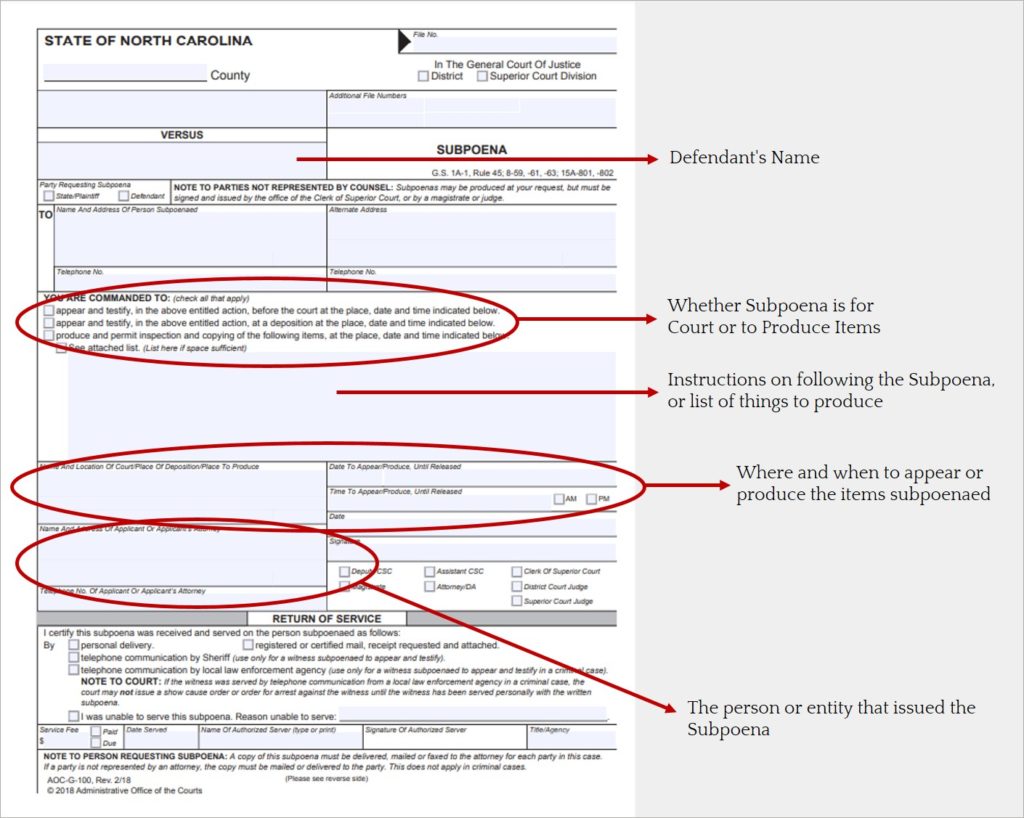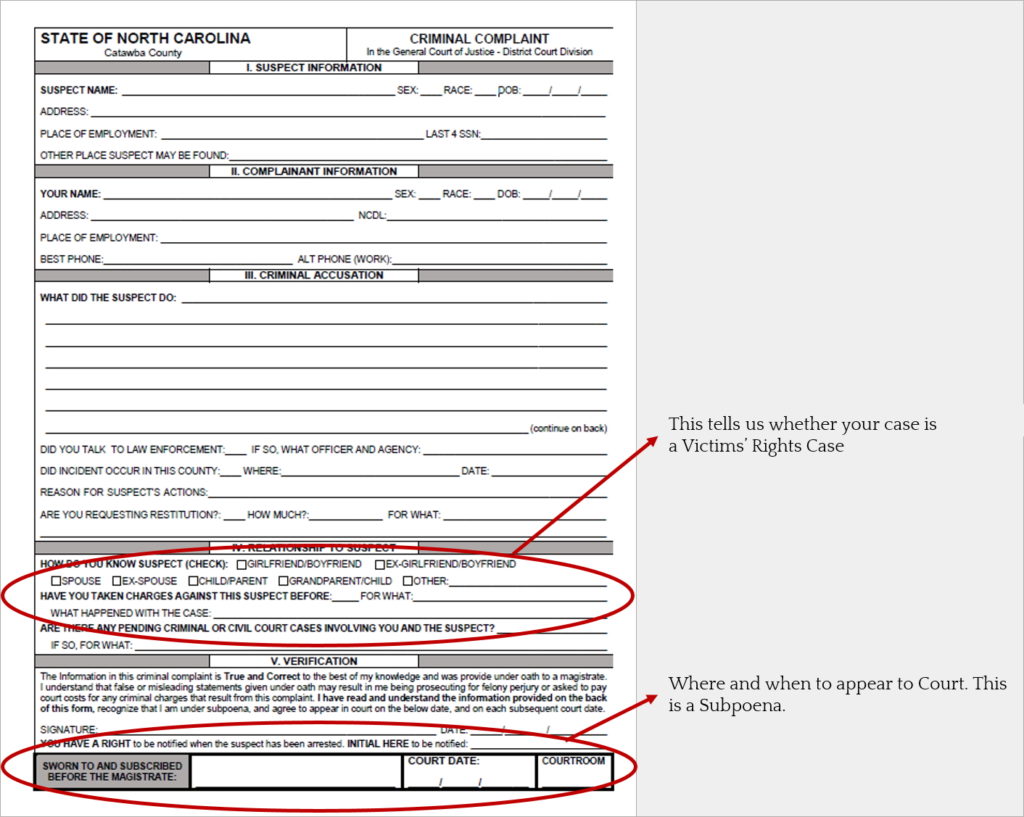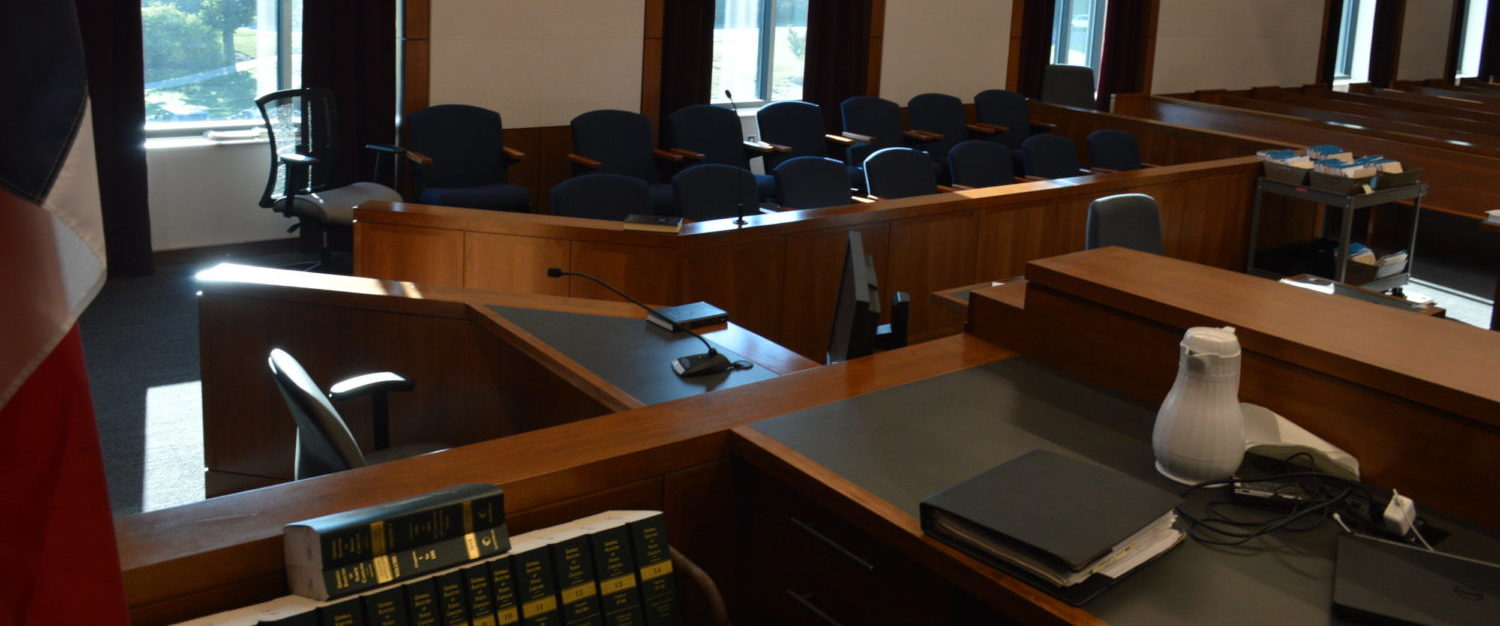The Purpose of a Subpoena
Court cases are proven with testimony. In order to prosecute defendants, the State has an obligation to present witnesses against a defendant to establish that he or she committed a crime. Everyone in the United States has a right to confront their accusers in criminal cases under the Sixth Amendment to the Constitution. That means a defendant, usually through a defense attorney, has a right to cross examine the witnesses that the State calls to the stand. Because of this, live testimony is required, and we cannot properly prove our cases without witnesses. This is why subpoenas are so important. Without a mechanism to order people and evidence to court, the State would be unable to prove criminal charges against defendants. Being served with a subpoena is a inconvenience, and we know that it disrupts the lives of people involved in cases. We try to minimize this disruption, but at the end of the day, our criminal justice system would not work without witness testimony.
Frequently Asked Questions
Sample Subpoenas
The back of a subpoena includes instructions and references to the North Carolina law that controls subpoenas. Similar information is located on the back of the Criminal Complaint form. Both forms are pictured below. Click the image for a larger view. The law referenced in these forms can be found here. The Administrative Office of the Courts (AOC) form subpoena can be found here.



